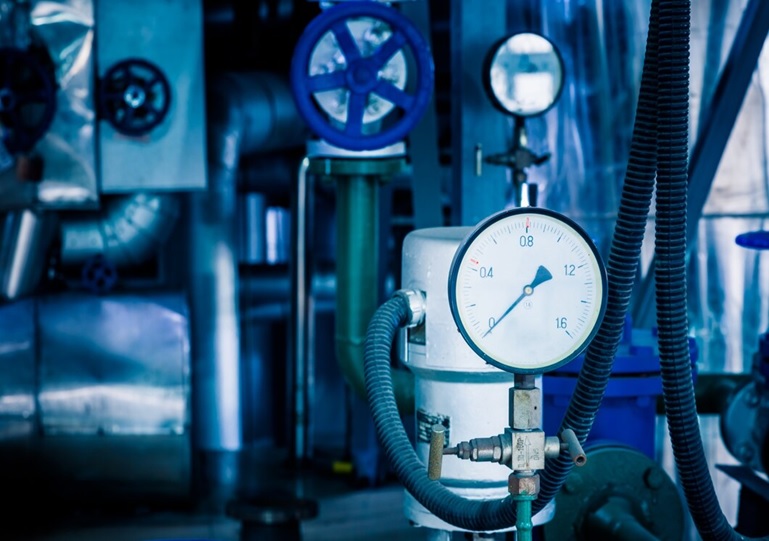The Ultimate Guide to High Pressure Pumps: Applications, Types, and Benefits

High pressure pumps are integral to a multitude of industrial and commercial operations, providing the necessary force to move fluids through systems, power cleaning equipment, and support manufacturing processes. This guide explores the applications, types, and benefits of high pressure pumps, offering a comprehensive understanding of their essential roles across various industries.
Applications of High Pressure Pumps
High pressure pumps are utilized in a broad range of applications due to their ability to generate significant pressure levels. Here are some key areas where these pumps are indispensable:
1. Industrial Cleaning
One of the most common applications of high pressure pumps is in industrial cleaning. High pressure water jets are used to remove dirt, grime, and contaminants from surfaces. This is particularly important in sectors such as manufacturing, automotive, and food processing, where maintaining a clean environment is crucial for operational efficiency and product quality.
2. Desalination and Water Treatment
In the water treatment industry, high pressure pumps play a vital role in reverse osmosis systems for desalination. These pumps force seawater through semi-permeable membranes, removing salt and other impurities to produce fresh water. This process is essential for providing potable water in regions where freshwater resources are scarce.
3. Oil and Gas Industry
High pressure pumps are critical in the oil and gas industry for applications such as hydraulic fracturing (fracking) and well stimulation. These pumps generate the pressure needed to fracture rock formations and extract oil and gas. They are also used in pipeline transportation to maintain the flow of crude oil and natural gas over long distances.
4. Chemical Processing
In chemical processing plants, high pressure pumps are used to transfer aggressive and corrosive fluids. They ensure that chemicals are moved safely and efficiently through the production process, maintaining the integrity of the system and preventing leaks or contamination.
5. Hydro Jetting
Hydro jetting, a process that uses high pressure water streams to clean pipes and drains, relies heavily on high pressure pumps. This method is highly effective in removing blockages and build-up in sewer lines, ensuring the smooth flow of wastewater.
Types of High Pressure Pumps
High pressure pumps come in various types, each designed to meet specific operational needs. Here are the most common types:
1. Piston Pumps
Piston pumps are known for their ability to handle high pressures and are commonly used in applications requiring a consistent flow rate. They work by using pistons to displace fluid, generating pressure. These pumps are highly efficient and suitable for tasks such as water jet cutting and hydraulic systems.
2. Plunger Pumps
Similar to piston pumps, plunger pumps use plungers to move fluids. They are capable of producing extremely high pressures, making them ideal for demanding applications like oil drilling and industrial cleaning. Plunger pumps are also known for their durability and ability to handle abrasive fluids.
3. Diaphragm Pumps
Diaphragm pumps use a flexible diaphragm to move fluids, creating a pulsating action that generates pressure. These pumps are well-suited for handling corrosive and viscous fluids, often used in chemical processing and wastewater treatment.
4. Centrifugal Pumps
Centrifugal pumps use a rotating impeller to create a flow of fluid, generating pressure through centrifugal force. While they are generally used for lower pressure applications, they can be modified to handle higher pressures. Centrifugal pumps are widely used in water supply systems, HVAC, and irrigation.
5. Gear Pumps
Gear pumps use interlocking gears to move fluid and generate pressure. They are known for their precision and ability to handle viscous fluids. These pumps are often used in lubrication systems and chemical processing.
Benefits of High Pressure Pumps
High pressure pumps offer numerous benefits that make them indispensable in various industries. Here are some key advantages:
1. Efficiency
High pressure pumps are designed to deliver fluids at high speeds and pressures, improving the efficiency of operations. This results in faster cleaning processes, more effective chemical treatments, and enhanced production rates.
2. Versatility
The wide range of high pressure pump types allows them to be used in diverse applications, from industrial cleaning to chemical processing. This versatility ensures that there is a suitable pump for nearly any high pressure requirement.
3. Durability
High pressure pumps are built to withstand demanding conditions and handle a variety of fluids, including abrasive and corrosive substances. This durability ensures long service life and reliable performance, reducing downtime and maintenance costs.
4. Safety
By enabling precise control over fluid pressure and flow, high pressure pumps enhance operational safety. They help prevent leaks and spills, reducing the risk of accidents and environmental contamination.
5. Cost-Effectiveness
Despite their advanced capabilities, high pressure pumps are often cost-effective solutions. Their efficiency and durability translate into lower operational costs over time, providing excellent value for money.
Conclusion
High pressure pumps are essential components in many industrial and commercial processes, offering unmatched efficiency, versatility, and durability. Understanding their applications, types, and benefits is crucial for selecting the right pump for your needs. Whether you’re involved in industrial cleaning, water treatment, oil and gas extraction, or chemical processing, high pressure pumps provide the power and precision needed to achieve optimal results.





